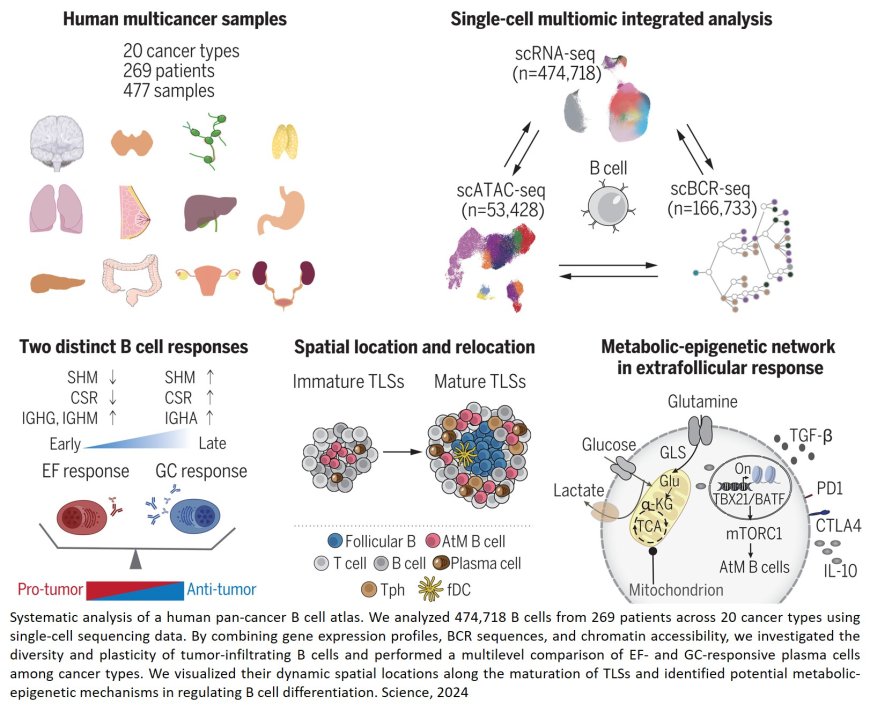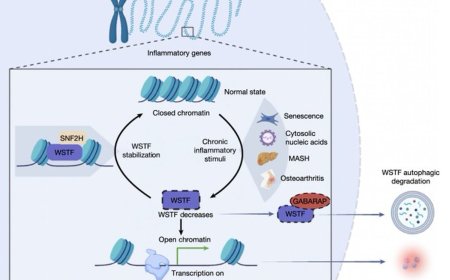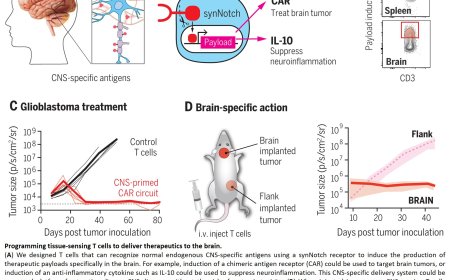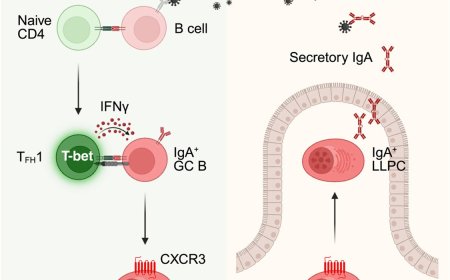Functional heterogeneity of tumor-infiltrating B cells

In a study published in Science unveiled two responding patterns of tumor-infiltrating B cells with therapeutic implications.
B cells have been long appreciated as an important component of tumor-infiltrating lymphocytes, but whether they play a positive or negative role in anti-tumor immunity is highly controversial.
In this study, with comprehensive single-cell multiomic analyses of B cells across 20 cancer types, the researchers classified the tumor-infiltrating B cell responses into germinal center (GC)-like and extra-follicular (EF), with cancer type preference. They found that the EF B cell response was associated with an immunosuppressive tumor microenvironment (TME) and unfavorable prognosis. In contrast, the GC-like B cell response was linked with a fertile anti-tumor immunity and favorable outcome.
In addition, through extensive analyses, the researchers determined the molecular feature and the differentiation pathway of the atypical memory (AtM) B cells (also called age-associated B cells, ABCs), the key player in the EF B cell response. Intriguingly, they found that the differentiation of AtM B cells could be promoted by glutamine metabolism, and the induced AtM B cells inhibited T cell functions and promoted Treg differentiation.
"It was unexpected that we identify a vicious role for AtM B cells within tumors, and this knowledge could open up new avenues for cancer immunotherapy by targeted dampening or depletion of AtM B cells," said the senior author.
This study deepens the understanding of the heterogeneous roles of tumor-infiltrating B cells. It may provide new therapeutic opportunities for those cancer patients refractory to current immunotherapies, like hepatocellular carcinoma, which was dominated by EF B cell responses. With mechanistic insights and clinical validation, B-cell-targeted therapies may complement other types of immunotherapy in the near future.













